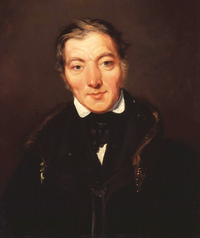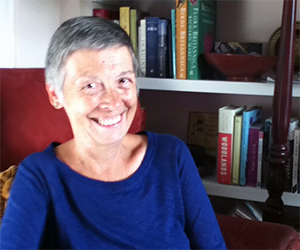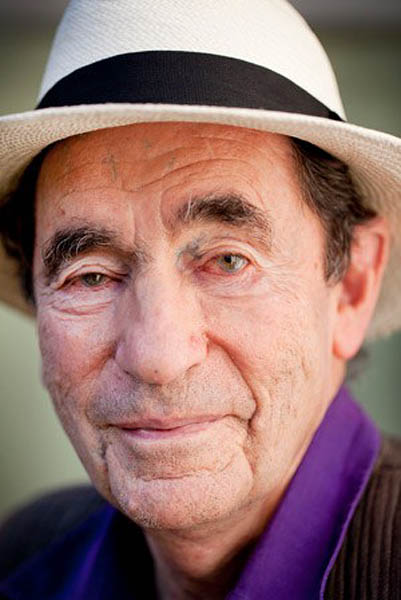Book Note: Matthew Weinert’s Making Human
In the past, I’ve frequently argued that both human
rights and human dignity are social constructions: they are what people—society—think
they should be. So human dignity, in particular, is an evolving concept. In
most societies for most of human history, for example, a dignified woman was
one who was willingly subservient to whichever male relatives held authority
over her. Now, in more and more
societies, we think of dignified women the same way as we think of dignified
men, as possessing autonomy and able to realize their own life projects, as
being treated as equals and with respect by others. In the more recent past,
most societies treated sexual minorities as essentially undignified and
unworthy of respect; now, many societies try to afford them recognition equal
to that afforded to normative heterosexuals.
 |
| Matthew Weinert (sourse: ACADEMIA) |
I had to suspend my normal skepticism while reading
Weinert. I tend to assume that pronouncements about human rights and human
dignity by the various state-centric organs of the United Nations, such as the
Security Council, the General Assembly, and the Human Rights Council
(so-called) are so much fluff, hiding the continued preoccupation with state
sovereignty and the sovereign right, in practice if not in principle, to
violated individual human rights. By contrast, Weinert shows how the rhetoric
and discourse of the Security Council and various other organs is changing, to
make the human being the centre of the world’s preoccupation.
Wienert addresses four areas of world governance where
discourse—and sometimes practice—is changing. The first of these is in the
Security Council itself. Far from
occupying itself only with inter-states threats to peace and security, its new
preoccupations include resolutions on children and women. One might view these
merely as lip service, especially when keeping in mind the way that the United
States, China and the Soviet Union/Russia have utilized their vetoes since 1945
to protect their sovereign interests and those of their allies. On the other
hand, women and children were not objects of the regard of international society
at all until recently.
Weinert’s second area is the new discourse of human
security. I’ve expressed concerns about that discourse in my article “Human
Security: Undermining Human Rights?” (Human
Rights Quarterly, vol. 34, no. 1,
2012, pp. 88-112: you can find that article here http://scholars.wlu.ca/cgi/viewcontent.cgi?article=1026&context=poli_faculty.)
But Weinert shows convincingly how the human security discourse focuses
attention on the entire range of phenomena that cause human beings to feel
insecure. In particular, he notes how human security tries both to protect
individuals from insecurity and empower them to overcome it. Human security is a way to combine
development activities with individual human rights. It also undermines the
notion that state security is always more important than the security of the
entire human community.
Weinert next discusses how the system of
international justice has been altered to specify human dignity. The two
international tribunals on Yugoslavia and Rwanda, set up in the 1990s, have
paid much attention to violations of human dignity, occasioned for example by gang
rapes and various other types of sexual enslavement, such as forcing women prisoners
to dance naked on tabletops for their captors. Along with the International
Criminal Court, these courts have specified what human dignity means and what
actions are now beyond the pale, as much crimes against humanity as genocide was
seen to be in 1948, when the Genocide Convention was declared.
Finally, Weinert presents an interesting argument
about evolving, post-colonial conceptions of self-determination. Referring especially
to the evolution of Kosovo from a province of Serbia to a quasi-independent
state today, he explains how human suffering—massive violations of human rights
for which the sovereign state offers no recourse and which indeed, it may have perpetrated--
has become a new criterion for what he calls “remedial secession.”
Underlying Weinert’s entire argument is a deep
compassion for the suffering human being. His starting point, he says, is not a
thin cosmopolitanism but rather attention to cruelty. Citing Hannah Arendt, he
wants everyone to have “the right to have rights.” This might seem redundant, but it is not. Possession
of rights is still contingent on membership in a sovereign state. This means that the 12 million stateless people
in the world today; refugees in precarious limbo in states not their own that
take very little care of them; or “undocumented” or weakly documented migrants
do not really have that right. It also means that those seen as less than
human, such as women, indigenous people, sexual minorities, and ethnic, linguistic
or cultural minorities, don’t really possess the right to have rights.
 |
I am neither a political theorist nor a scholar of
international relations, so I probably can’t do justice to Weinert’s learned
and complicated arguments. But I highly recommend this book to those who are,
as well as to human rights scholars who wish to stretch their minds, as I had
to do in reading Making Human.






















